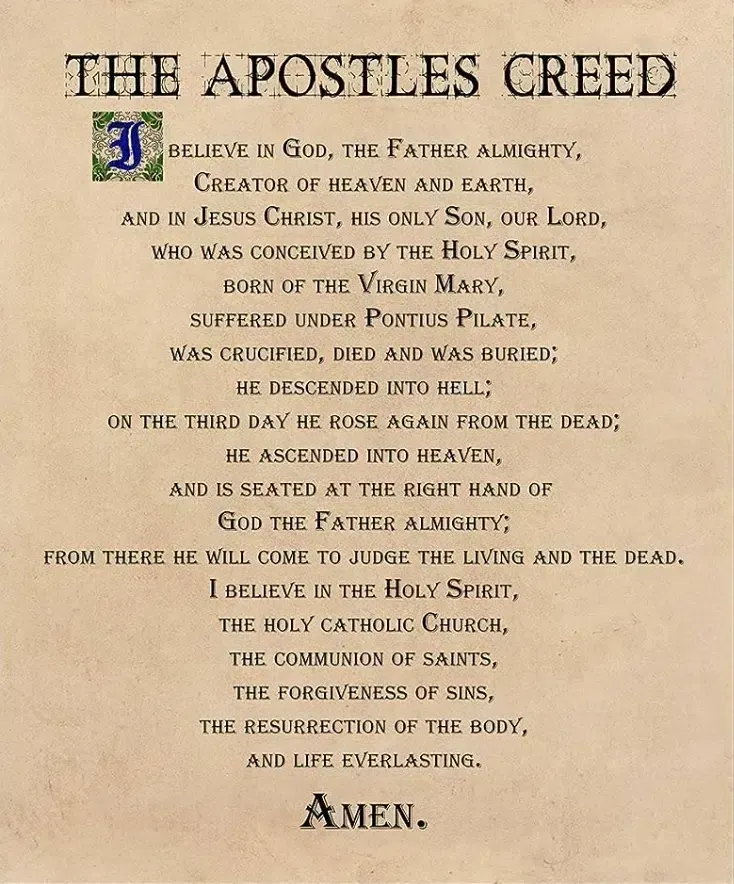Are There Apostles Today? A Biblical Answer.
Are There Apostles Today? A Biblical Answer.
One question that occasionally arises in Christian circles is whether apostles still exist today. In fact, I have conversations regarding this topic multiple times a year. If this is something you have been mulling over, I hope the following article helps.
Some claim that the office of apostle continues and that modern leaders can hold this title. Others point out that the New Testament (NT) refers to more than just the Twelve as apostles, suggesting a broader application of the term.
But what does Scripture actually teach? Did God intend for the office of apostle to continue, or was it unique to the first-century church?
1. The Biblical Qualifications for an Apostle
When the apostles replaced Judas, Peter laid out specific qualifications:
“So one of the men who have accompanied us during all the time that the Lord Jesus went in and out among us, beginning from the baptism of John until the day when he was taken up from us—one of these men must become with us a witness to his resurrection.” (Acts 1:21–22, ESV)
These qualifications tell us that an apostle had to:
- Be an eyewitness of the resurrected Christ
- Have followed Jesus from His baptism to His ascension
Clearly, no one today meets these criteria. While Paul was an exception (1 Cor. 15:8–9), his apostleship was validated by a direct and unique appearance of Christ (Acts 9:3–6).
2. The Apostles Had a Unique Role in the Church’s Foundation
Paul describes the church as:
“…built on the foundation of the apostles and prophets, Christ Jesus himself being the cornerstone.” (Ephesians 2:20)
A foundation is laid once, not repeatedly. The apostles were given unique authority to establish the doctrine of the church (John 14:26; Acts 2:42). Since this foundation was laid in the first century, the need for apostles ceased.
3. The Twelve Were a Limited and Closed Group
Revelation 21:14 gives a striking image of the New Jerusalem:
“And the wall of the city had twelve foundations, and on them were the twelve names of the twelve apostles of the Lamb.”
This shows that the number of “Apostles of the Lamb” was fixed at twelve—not an ever-expanding group.
4. What About Others Called “Apostles” in the NT?
It is true that the NT refers to others (e.g., Barnabas in Acts 14:14) as apostolos (Greek: ἀπόστολος), but this term can mean “sent one” or “messenger.” For example, in 2 Corinthians 8:23, Paul calls certain individuals “messengers” (apostoloi) of the churches.
This broader use does not mean these individuals held the same authority as the Twelve. The office of Apostle of Christ was unique to those personally chosen and commissioned by Jesus.
5. No Instructions to Appoint Successors
Unlike elders and deacons (1 Tim. 3; Titus 1), there are no NT instructions for replacing apostles beyond the original Twelve and Paul. When the apostles died, their role was not transferred to others.
Conclusion: The Apostolic Office Has Ceased
Based on Scripture, the apostolic office was unique to the first-century church. Here’s why:
- Apostles had to be eyewitnesses of the resurrected Christ (Acts 1:21–22).
- They laid the foundation of the church (Eph. 2:20), which is a one-time event.
- The Twelve were a fixed and closed group (Rev. 21:14).
- The broader term apostolos was used for messengers, not authoritative church leaders.
- The NT never commands appointing new apostles.
Because of these biblical truths, we can confidently say that there are no apostles today. Anyone claiming this title misunderstands the qualifications and purpose of the apostolic office. Instead, we look to Scripture, which the apostles left us, as the final authority for faith and practice.
What Should We Focus On Instead?
Rather than seeking modern apostles, we should focus on what the apostles taught—God’s Word. Their writings, preserved in the New Testament, are sufficient to guide us in faith, doctrine, and life.
“All Scripture is breathed out by God and profitable for teaching, for reproof, for correction, and for training in righteousness, that the man of God may be complete, equipped for every good work.” (2 Timothy 3:16–17)
God has already given us everything we need. Let’s stand firm on His Word.





